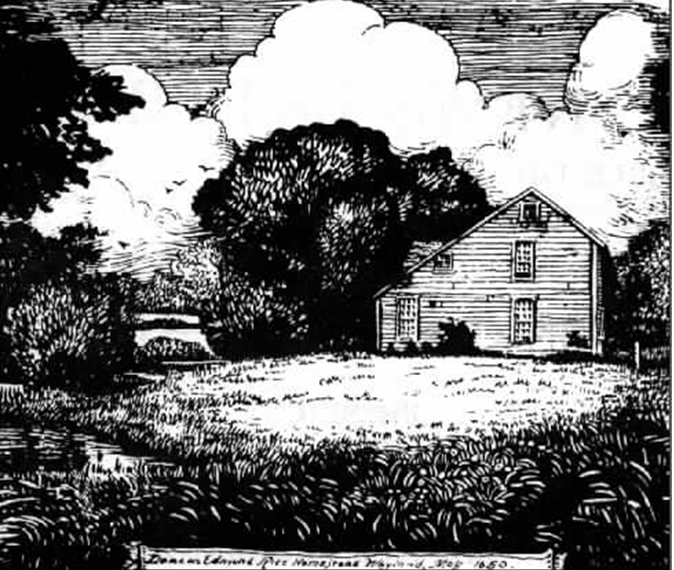

Last updated: 2007 Jun 7
Origins of the Rice Surname
and Implications for the Rice DNA Project
As the Rice DNA project is making increasingly clear, there are many origins of the name. To a modern English-speaking person, the most obvious source might be the English word "rice", but there is no obvious pathway from a largely tropical cereal grain to a surname in the northwest of Europe. A more serious contender is the Welsh patronymic from the popular forename Rhys. As with other Welsh patronymics, there are two forms: one with the prefix "ap" (meaning "son" in Welsh) and one without. Interestingly enough, the pronunciation and spelling in English show signs of transmission both before and after the English vowel shift of the 1500's. Thus, the forms "Rice" and "Price" are pronounced with a long "i" reflecting the shifted pronunciation and preserving something of the ancient spelling, while the form "Reece" preserves the ancient pronunciation by introducing a new spelling.
In English-speaking North America, many apparently English surnames are actually anglicized forms of names from other European nations, and Rice, in particular, has some German sources, surprisingly with somewhat the same pronunciation and spelling split as seen in the Welsh patronymics (but with a twist): Ries and Reis in German are pronounced like Reece and Rice, respectively. When they are anglicized, they can preserve the spelling or the pronunciation, but not both. Thus, both of these forms could be transformed either into Reece or Rice, depending on the circumstances. (And, of course, other spellings are possible as well).
Despite all of these external sources, there is every reason to believe that the name Rice also originated in England. Not only does the name occur frequently in rural areas of England well away from Wales, but also we now know that some of the Rice families carry forms of Y DNA that are very rare in Wales, but relatively common in England. However, the actual etymology of the name is obscure.
There is another split of spelling and pronunciation within the long "i" form of the Rice name, tied in part to dialectal variations. Although most varieties of English observe a distinction between the long "i" sound and the "oi" sound, some do not, or at least pronounce them closely enough to confuse the sounds. The presence in America of English speakers from many parts of England therefore provides a means of changing the spelling and/or the pronunciation back and forth between the Rice and Royce forms, depending on who the neighbors were.
Because of the many sources of the name, it seems likely that we will continue to find more Rices who are genetically distinct from the groups we have already identified. What's more, some of these Rices will be related to families with other spellings of the name, and even with names that many people would consider to be completely different. For that reason, we encourage members of the Rice DNA project who have no close matches within the project to explore these other, possibly related, projects.
Copyright 2014, Edmund Rice (1638) Association, Inc.. All rights reserved.


